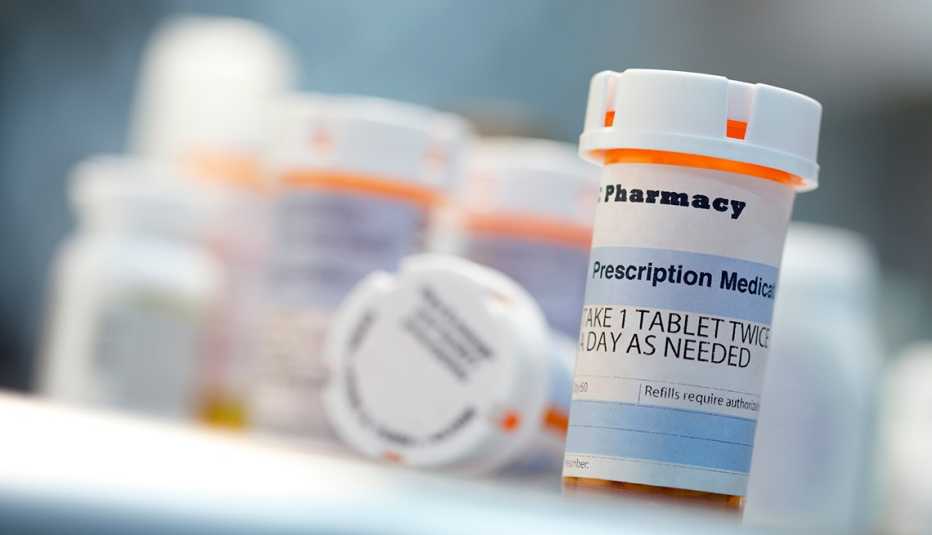Staying Fit


Medications are of concern at any age. They may cause side effects that negatively affect our driving ability.
The side effects from some medications (blurred vision, confusion, inability to concentrate, drowsiness, dizziness or general muscle weakness) may gradually become more pronounced with age, and may therefore seriously affect our driving. Because our bodies tend to slow down as we become older, it takes longer for effects of medications to wear off after we have stopped taking them.


AARP Membership— $12 for your first year when you sign up for Automatic Renewal
Get instant access to members-only products and hundreds of discounts, a free second membership, and a subscription to AARP the Magazine.
See also: Find out if your alcohol use could affect your driving
- Medications interact with one another; the more medications we take, the greater the chance for interactions that may influence our driving.
- Over-the-counter medicines, including herbal remedies, may have side effects and interact with prescription medications.
Medication Tips
- All medications (prescribed, over-the-counter, herbal supplements) are potentially dangerous.
- Never take medications prescribed for another person.
- Do not mix medications unless indicated by your physician.
- Take medications at the doses and times prescribed.
- For any new medication, see how you react to it before attempting to drive; each person’s reaction to any medication is unique.
- Make sure you are free of any harmful side effects before driving; plan other ways to get around.
- Never take medicines past their expiration date.
- Never drink alcohol while on any medication without first consulting your doctor.
- Carry a list of your medications with you.
- Check with your doctor or pharmacist to find out if any of the medications you are currently taking could affect your driving ability.
- Always read the information that comes with your medication for side effects that could affect your driving.


































































More From AARP
Warning Signs of Unsafe Driving
Can you tell if someone is no longer safe to drive?Motorcycles — Sharing the Road Safely
What can you do to protect motorcyclists?Why Take a Driver Safety Course??
One reason to say yes: discounts on your auto insurance.